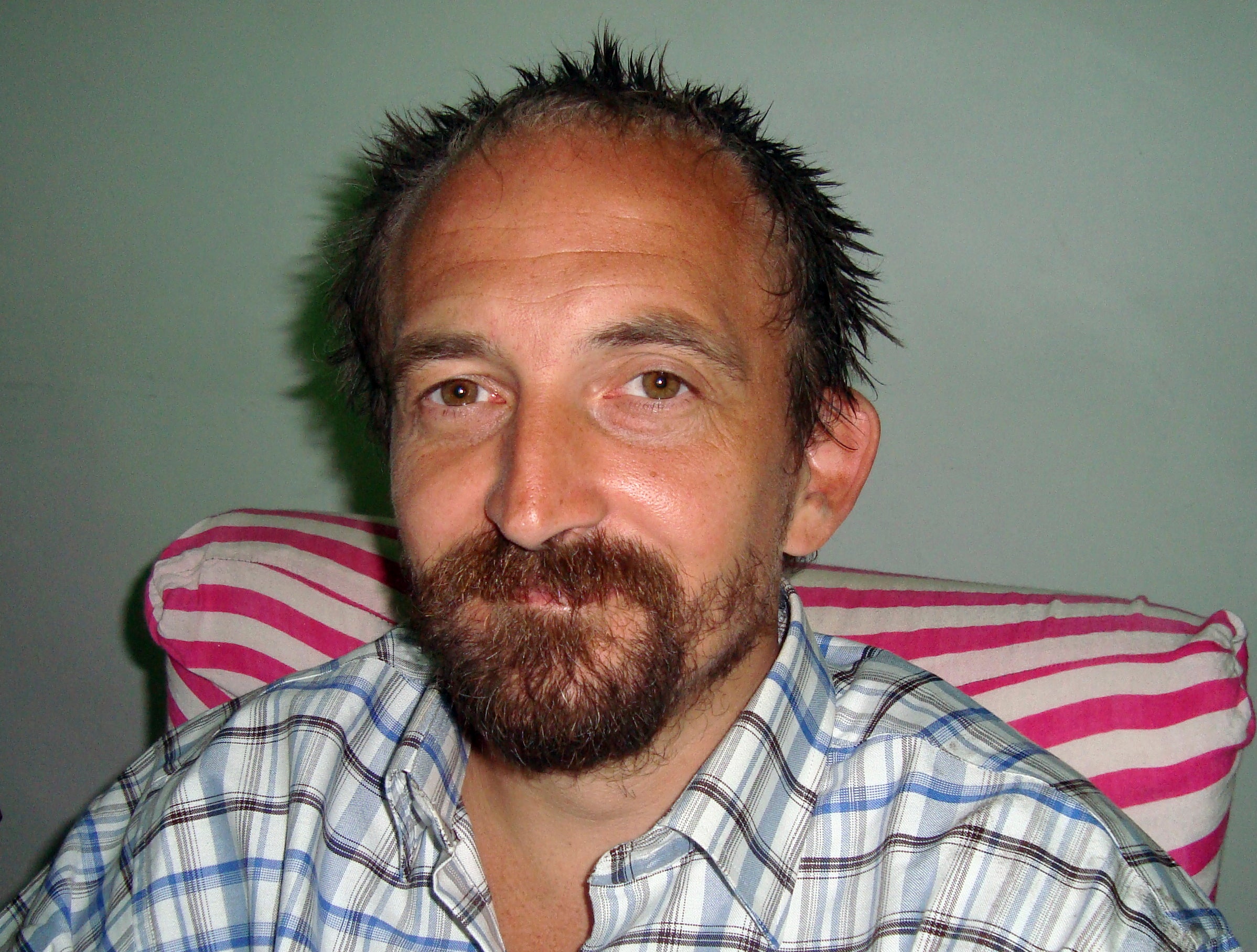
The Daily Telegraph’s chief foreign correspondent, Colin Freeman, who was kidnapped by Somali pirates while on assignment and threatened with execution, is among those being made redundant in a fresh round of cuts to editorial staff.
Also understood to be going are deputy editor Liz Hunt, feature writer Harry Wallop, Middle East editor Richard Spencer, Asia correspondent Phil Sherwell, home affairs correspondent David Barrett and head of arts Andrew Pettie.
Staff on the picture desk have also been targeted for redundancy in what is is understood to be a cull of at least a dozen staff.
An inside source told Press Gazette they believed the Telegraph worked hard to secure the release of Freeman (pictured) who he said had “put his life on the line numerous times for the company”. Freeman was captured alongside Spanish photographer José Cendon while looking into kidnappings by Somali pirates in 2008. He wrote a book on his ordeal titled Kidnapped: Life As A Somali Pirate Hostage.
The source said the cull of “middle ranking journalists” was weakening the guiding hand on trainees and that “the [company’s] capability to do quality journalism is being put at risk”.
The jobs cull comes after professional services firm Deloitte carried out a strategic review into the Daily and Sunday Telegraph’s parent company Telegraph Media Group that resulted in a an email being sent to staff on Monday announcing a new culture of “smart working”.
Among changes being proposed to staff was an enhancement of the company’s graduate scheme, more pay for “top talent”, the introduction of hot-desking and the closure of the staff canteen.
Telegraph Media Group claims to employ more than 500 journalists.
“Everyone has known [redundancies] have been on the cards since Deloitte came in to do their review,” said the source.
“The only outcome of a strategic review is job losses. These reviews never suggest hiring more people. It fits with the company’s policy of getting lower paid graduate trainees to do as many jobs as possible that are currently done by middle ranking and middle pay-bracket journalists.
“They have indicated that the key people – as they described them – would get paid more to retain them and it looks like the middle bracket is being cleared out to make room for trainees to come in.”
But they added: “It’s all very well having trainees doing these jobs, but I think what’s being underestimated is the mentoring role that more experienced journalists play on an hourly and daily basis to trainees.
“Some of them are extremely capable and extremely promising but they are sometimes writing their very first stories when they come to the Telegraph.
“I think the guiding hand on the trainees is being weakened and the capability to do quality journalism is being put at risk.”
Picture: Reuters.
Email pged@pressgazette.co.uk to point out mistakes, provide story tips or send in a letter for publication on our "Letters Page" blog
